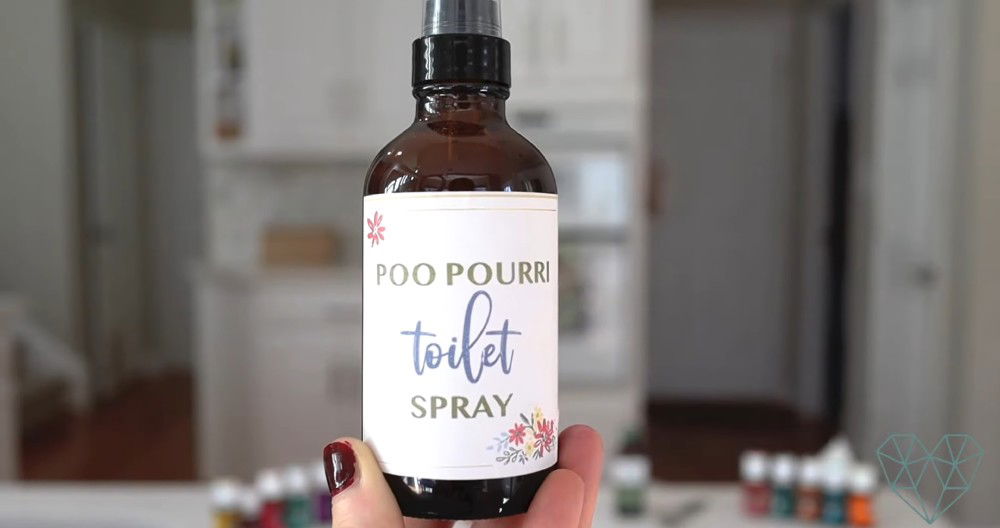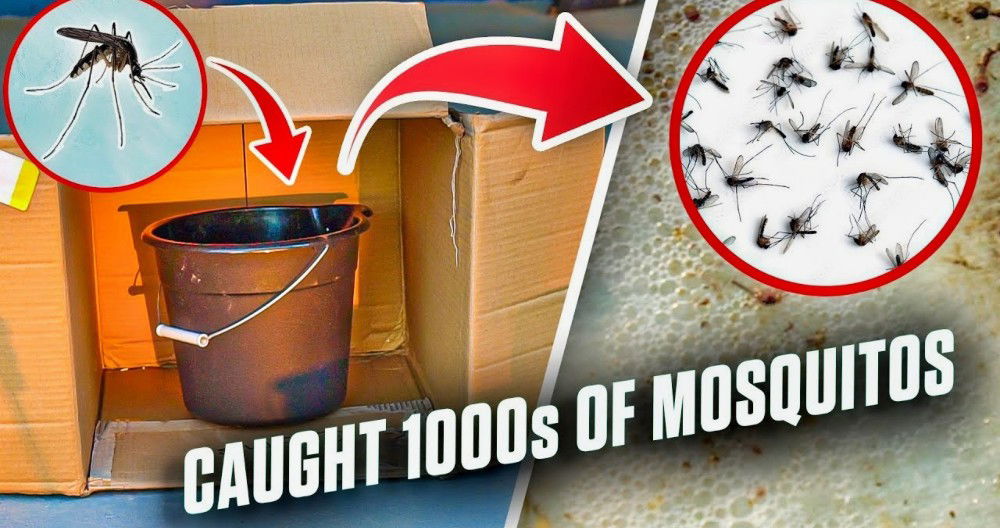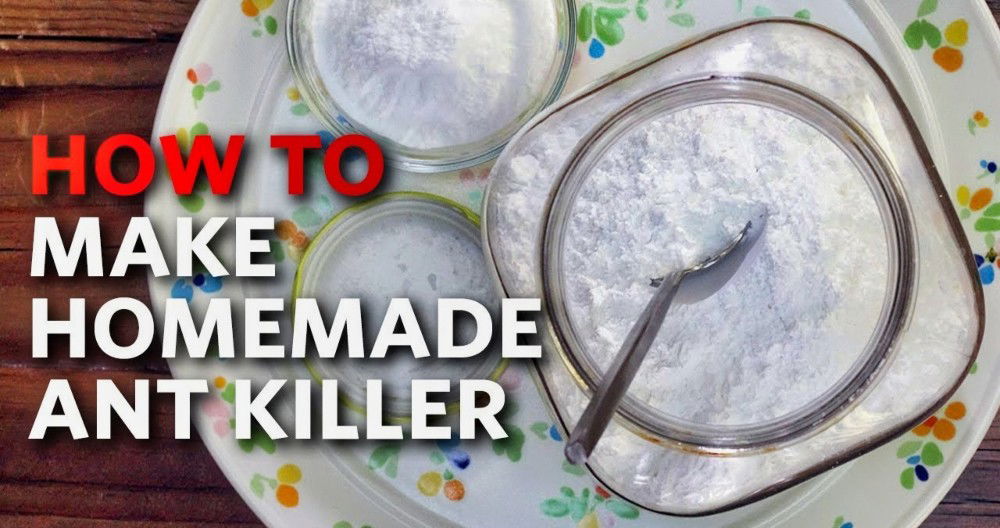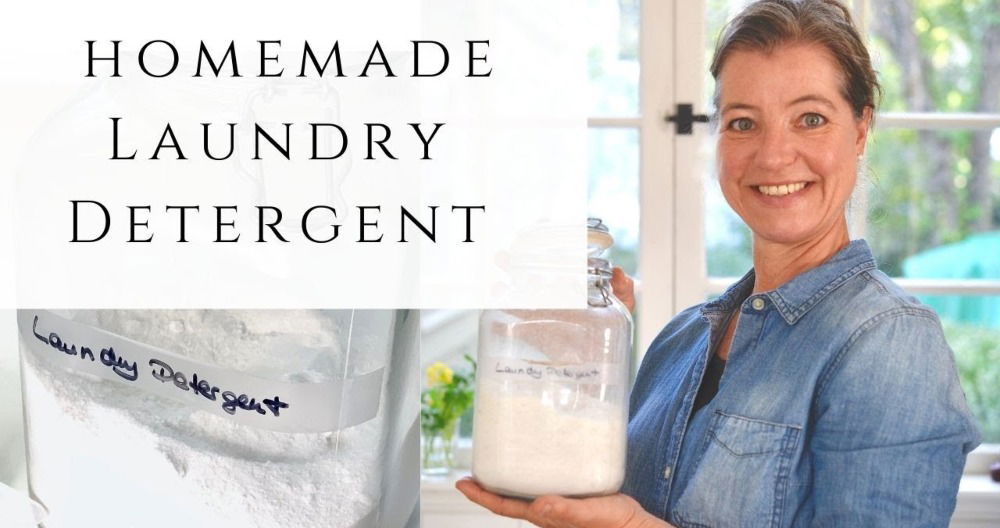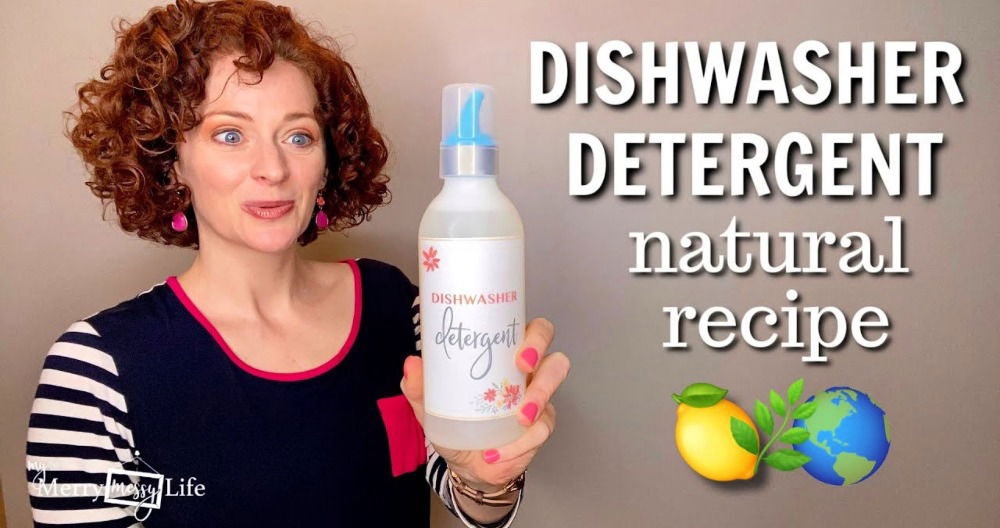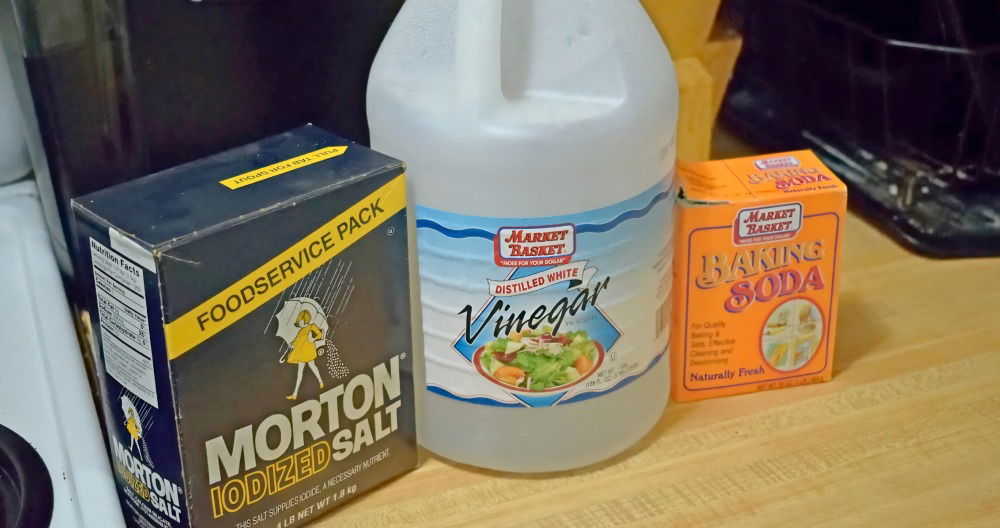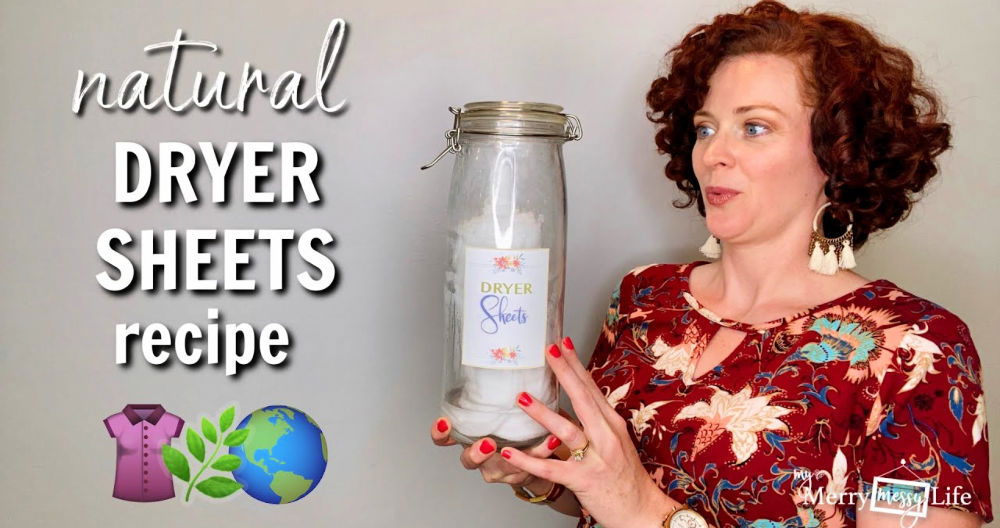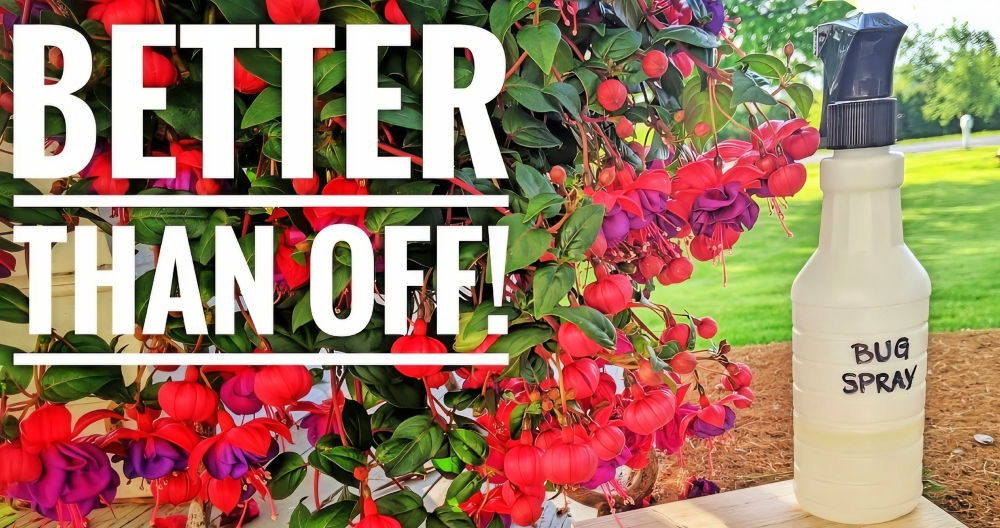Finding an effective way to deal with rats and mice can be a challenge. I once had this problem in my home and decided to try making homemade rat poison. Using simple ingredients, I maked a mix that helped reduce the rodent population. It felt empowering to solve the issue myself.
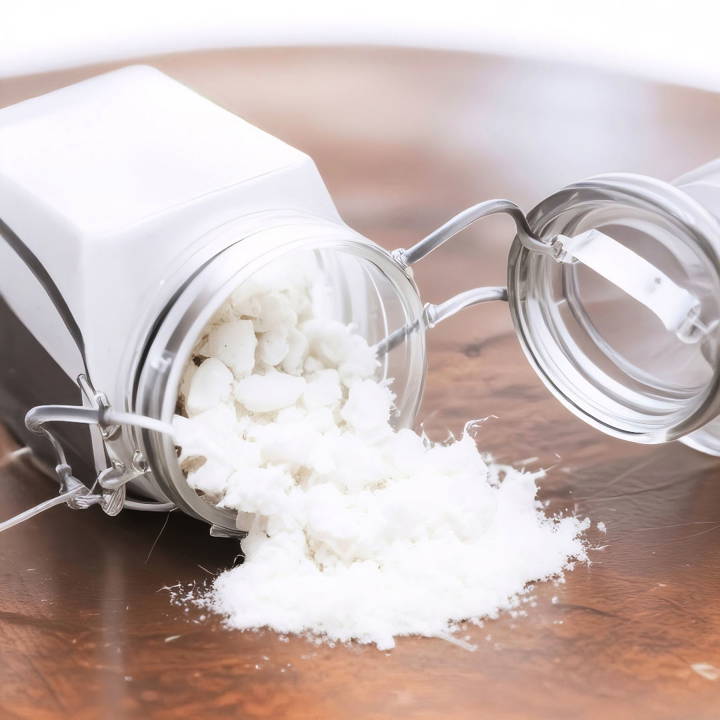
Starting with items like sugar, cornmeal, and baking soda, the homemade solution was both affordable and easy to make. The sugar attracted the rodents, while baking soda was the key ingredient in eliminating them. I was relieved to see fewer rats and mice around my house. Give it a try; it might be the solution you need.
What You'll Need:
- Baking Soda: A common household item, baking soda acts as the main ingredient in this rat poison. It's effective because rats are unable to digest it, causing them to get sick and ultimately die.
- Grated Cheese: This serves as the bait. Rats are attracted to the scent and taste of cheese, making it the perfect lure.
- Small Containers or Lids: You'll use these to distribute the mixture around your home.
Step by Step Instructions
Learn how to make effective homemade rat poison with our easy step-by-step instructions. Safe, affordable, and efficient pest control solution.
Preparing the Mixture
- Measure Out the Ingredients: Start by taking four tablespoons of baking soda. This quantity is pivotal for making enough mixture to distribute around various key locations in your home.
- Add the Cheese: Next, incorporate one tablespoon of grated cheese into the mix. The cheese not only lures the rats in but also ensures they ingest the baking soda, which is crucial for this method to work.
- Mix Thoroughly: Ensure that you mix the baking soda and cheese together very well. This step is important to make the mixture homogeneous so the rats cannot distinguish between the cheese and baking soda.
Placing the Poison
- Divide the Mixture: Allocate the mixture into smaller portions. One tablespoon of the mixture per container or lid should suffice.
- Strategic Placement: Distribute these containers in areas where you've noticed rat activity within your home. For me, it was primarily in the outdoor area and backyard, but common places include behind the fridge, inside the stove, or even in the attic.
What Happens Next?
- The rats are drawn to the containers due to the smell of cheese. Once they consume the mixture, the baking soda starts to affect them since they cannot digest it. This discomfort leads to sickness and eventually death, effectively solving your rat problem.
Safety Tips:
- Keep Away from Pets and Children: While this homemade poison is safer than commercial brands, it's still important to place it in areas where curious pets and children cannot access it.
- Monitor the Placements: Check the containers periodically to see if the mixture has been consumed and to assess whether reapplication is necessary.
Foods That Can Be Fatal to Rats
While there is no single food that will kill a rat instantly, some foods can be harmful and even fatal when consumed in large amounts. It's important to note that using food as a method to eliminate rats is not recommended, as it is often inhumane and ineffective compared to other pest control methods. However, being aware of these foods can help you understand potential risks and take preventive measures.
Foods to be cautious of:
- Chocolate: Contains theobromine, a compound toxic to many animals, including rats. Dark chocolate is especially dangerous due to its higher theobromine concentration.
- Avocado: The leaves, stems, skin, and pit of avocados contain persin, a fungicidal toxin that can be harmful to many animals. While the flesh of the avocado is generally safe for humans, it can be toxic to rats.
- Onions: Onions contain thiosulphate, a compound that can cause hemolytic anemia in rats, damaging their red blood cells.
- Blue Cheese: Some types of blue cheese contain roquefortine C, a neurotoxin that can be harmful to rats.
- Macadamia Nuts: These nuts are known to be toxic to dogs and can also be harmful to rats.
- Alcohol: While not a food, alcohol can be toxic to rats, affecting their nervous system and potentially leading to death.
Important Note:
The toxicity of these foods to rats depends on various factors, including the amount consumed, the rat's size and age, and individual sensitivities. If you suspect a rat has ingested any of these foods, it's best to contact a pest control professional or veterinarian for advice.
Effective Rat Control Methods:
Instead of relying on food as a rat control method, consider safer and more humane options, such as:
- Trapping: Using snap traps or live traps can effectively capture and remove rats.
- Bait Stations: Poison bait stations can be used, but they should be placed out of reach of children and pets.
- Rodent Repellents: Natural repellents, such as peppermint oil or cayenne pepper, can deter rats.
- Professional Pest Control: If you have a severe rat infestation, it's best to contact a professional pest control service for assistance.
Safety First: Precautions and Handling
Homemade rat poison can be effective, but it's important to remember that it's still poison. Follow these safety tips to protect yourself, your family, and your pets:
Handling and Preparation
- Gloves: Always wear gloves when handling ingredients or the finished poison. This prevents skin contact and accidental ingestion.
- Mask: A mask can protect you from breathing in any dust or fumes from the ingredients.
- Mixing Area: Choose a well-ventilated area, preferably outdoors, to mix your poison. This minimizes exposure to fumes and makes cleanup easier.
- Dedicated Tools: Use separate tools for mixing poison. Don't use utensils or containers that you'll use for food.
Storage and Placement
- Labeling: Clearly label your container of poison with the ingredients and a warning symbol.
- Child-Proof: Store the poison in a locked cabinet or container, out of reach of children and pets.
- Placement: When placing poison, choose locations where children and pets can't access it. Consider using bait stations designed to keep the poison secure.
Accidental Exposure
- Skin Contact: Wash the area thoroughly with soap and water if poison comes into contact with your skin.
- Eye Contact: Flush the eyes with water for at least 15 minutes if poison gets in your eyes. Seek medical attention.
- Ingestion: If you or someone else accidentally ingests poison, contact your local poison control center or emergency services immediately.
Disposal
- Follow Instructions: Dispose of unused or expired poison according to local regulations. Never pour it down the drain or throw it in the trash where it could harm wildlife.
Safety is paramount when dealing with any kind of poison. By following these precautions, you can minimize risks and use homemade rat poison responsibly.
Important Note: If you have any concerns about using homemade rat poison, consider humane alternatives or consult a pest control professional.
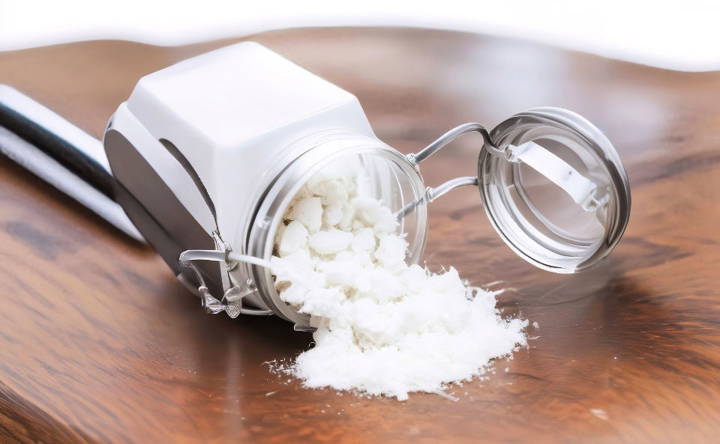
Humane Alternatives: Non-Lethal Rat Control
If you're uncomfortable with using poison, even homemade options, there are many humane ways to deal with a rat problem. These methods focus on preventing rats from entering your home, making it less appealing, or trapping them without causing harm.
Prevention
- Seal Entry Points: Rats can squeeze through surprisingly small gaps. Inspect your home for cracks or holes and seal them with steel wool, caulk, or cement.
- Cleanliness: Rats are attracted to food scraps and garbage. Keep your home clean, store food in airtight containers, and take out the trash regularly.
- Trim Vegetation: Rats use overgrown bushes and trees as cover. Keep vegetation trimmed back from your house to reduce hiding spots.
Deterrents
- Natural Repellents: Some scents, like peppermint oil, cayenne pepper, and cloves, are unpleasant to rats. Soak cotton balls in these scents and place them near entry points or areas where you've seen rats.
- Ultrasonic Devices: These emit high-frequency sounds that are irritating to rats but inaudible to humans. Their effectiveness varies, but they may be worth trying.
- Get a Cat: Cats are natural predators of rats and can be an effective deterrent.
Trapping
- Live Traps: These traps capture rats without harming them. You can then release them far away from your home.
- Snap Traps: While not strictly humane, snap traps are a quick and efficient way to kill rats. Choose traps designed to kill quickly and avoid glue traps, which cause prolonged suffering.
The most effective approach often involves a combination of these methods. By preventing rats from entering your home, making it less attractive, and using humane trapping methods, you can address your rat problem without resorting to poison.
Tip: If you're dealing with a large infestation or are unsure how to proceed, consider contacting a pest control professional who specializes in humane removal methods.
FAQs About Homemade Rat Poison
Discover the faqs about homemade rat poison, including safe ingredients, effectiveness, and tips to keep your home rodent-free.
Homemade poisons can be effective, but their effectiveness can vary depending on the ingredients and the rat's resistance. Some recipes may work well for a while but become less effective as rats adapt. It's important to note that commercially available poisons are often more potent and reliable.
No, homemade rat poisons are not safe for pets or children. They contain ingredients that can be toxic if ingested or inhaled. It's crucial to store them out of reach and follow all safety precautions mentioned earlier.
Regulations on homemade pesticides vary by location. It's best to check your local laws and regulations before using any homemade poison. Some areas may have restrictions or require specific labeling.
Many humane options exist for rat control. These include:
Live traps: Capture rats without harming them, allowing you to release them elsewhere.
Snap traps: While lethal, these traps can be a quick and efficient way to kill rats.
Exclusion: Seal entry points and remove food sources to prevent rats from entering your home.
Repellents: Use natural repellents like peppermint oil or ultrasonic devices to deter rats.
If you have a severe rat infestation, are concerned about safety, or humane methods haven't worked, it's wise to consult a professional pest control service. They have the experience and tools to effectively and safely deal with the problem.
It's best to avoid using homemade rat poison outdoors. It can harm non-target animals like birds or pets who may come into contact with it. Consider using traps or natural repellents instead.
Never pour homemade poison down the drain or throw it in the trash. Follow your local regulations for the safe disposal of hazardous materials. Some areas may have specific drop-off locations for pesticides.
Final Thoughts:
Wrapping up, making homemade rat poison can be an effective and affordable way to manage rodent problems. By using simple ingredients like sugar, cornmeal, and baking soda, you can take control of the situation. This solution is easy to make and can bring relief from unwanted pests. Give it a try and see how it works for you. These steps should help you tackle the issue with confidence.



